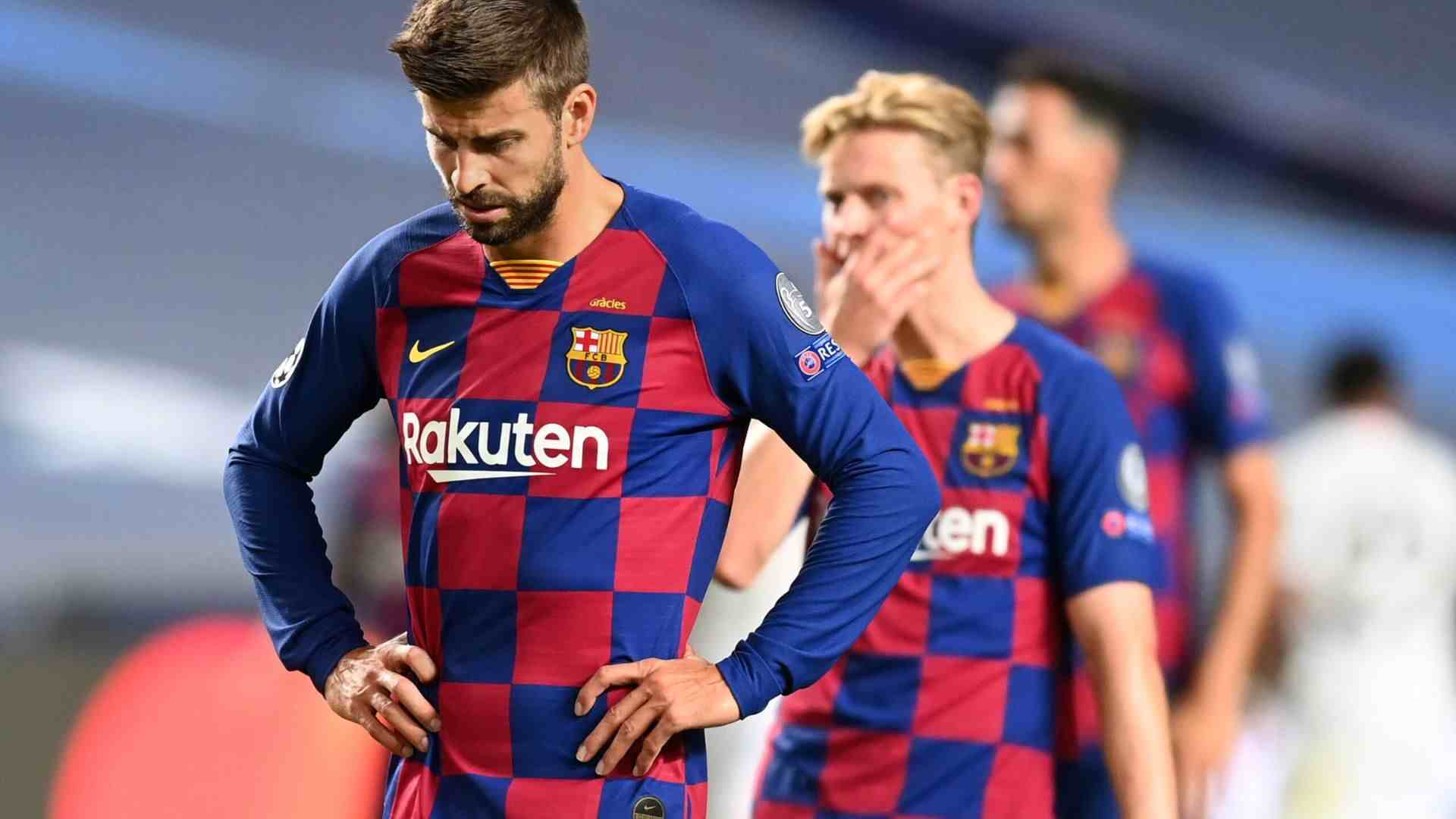The origins of Barcelona’s financial woes can be traced back to 2010, a year that marked the end of Joan Laporta’s presidency due to term limits.
Rosell’s Presidency Tenure
The end of Joan Laporta’s presidency brought in Rosell. While Laporta was essentially taking suggestions from Cruyff and delegating them to the appropriate club members, one of the first things Rosell did was strip Cruyff of his title as the honorary president.
Rosell’s tenure was marred by controversy and alleged corruption, particularly surrounding Neymar’s transfer, which was partially financed by the dubious sale of Thiago Alcântara to Bayern Munich. Thiago’s contract included a €90 million release clause that would plummet to €18 million if he didn’t play a certain number of games. Strangely, despite his strong performances, Thiago was sidelined enough to trigger this lower release clause, during a period when manager Tito Vilanova was battling cancer. It’s speculated that Rosell influenced assistant manager Jordi Roura to bench Thiago, allowing the club to profit and shifting blame onto the player, who subsequently left for Bayern.
Rosell eventually resigned amidst the Neymar scandal, paving the way for his deputy, Josep Maria Bartomeu.
Bartomeu’s Presidency Tenure
Initially, Bartomeu enjoyed success, highlighted by Barcelona’s treble-winning season with the formidable Messi-Suárez-Neymar (MSN) trio under Luis Enrique. However, his administration’s deeper issues soon surfaced. Critics argue that Bartomeu’s actions transcended mere incompetence, suggesting ulterior motives possibly tied to his past with RCD Espanyol.
Under Bartomeu, Barcelona engaged in a series of misguided signings and managerial appointments. High-profile acquisitions like Philippe Coutinho, Antoine Griezmann, and Ousmane Dembélé failed to meet expectations, leading to substantial financial losses. Notably, the club overlooked Kylian Mbappé in favor of Dembélé, stating the former played for himself while the latter played for the team. Misguided attempts to replace club legends like Iniesta with ill-fitting players like Coutinho further strained the budget. The managerial choices, from Ernesto Valverde’s dependence on individual brilliance to Quique Setién’s lackluster tenure, only exacerbated the club’s decline.
Furthermore, Bartomeu’s administration allegedly engaged in nefarious activities, including hiring a media company to slander players and their families. The wage structure became unsustainable, with exorbitant salaries awarded under the guise of loyalty, severely limiting the club’s financial flexibility.
The socios, Barcelona’s voting members, eventually recognized the mismanagement, leading to Bartomeu’s resignation and Laporta’s return.
Laporta’s Second Presidency Tenure
Everype thought that with Laporta’s return, he would bring back the magic of his first tenure , however, without Cruyff’s influence, Laporta’s leadership mirrored the mistakes of his predecessor, with poor signings and managerial choices continuing to plague the club. Laporta’s faith in club legend Xavi as manager, despite better options being available, highlighted the ongoing lack of strategic vision.
The Financial Pressures
Barcelona’s financial mismanagement culminated in a bloated wage bill and massive debt, exacerbated by the COVID-19 pandemic’s impact on revenue streams. By 2021, the debt had soared past €1 billion, compelling the club to offload high-earning players at reduced prices. Financial constraints prevented the renewal of Lionel Messi’s contract under La Liga’s salary cap, resulting in his departure to Paris Saint-Germain.
The combination of excessive salaries, costly transfers, and chronic mismanagement plunged Barcelona into severe financial distress. This situation significantly undermined the club’s ability to retain top talent and maintain its competitive edge, with former financial advisor Marc Ciria estimating the debt could escalate to €3 billion.
Overall, the mismanagement of the Club and its funds has led to Barcelona’s financial ruin and further, its downfall as a club.























